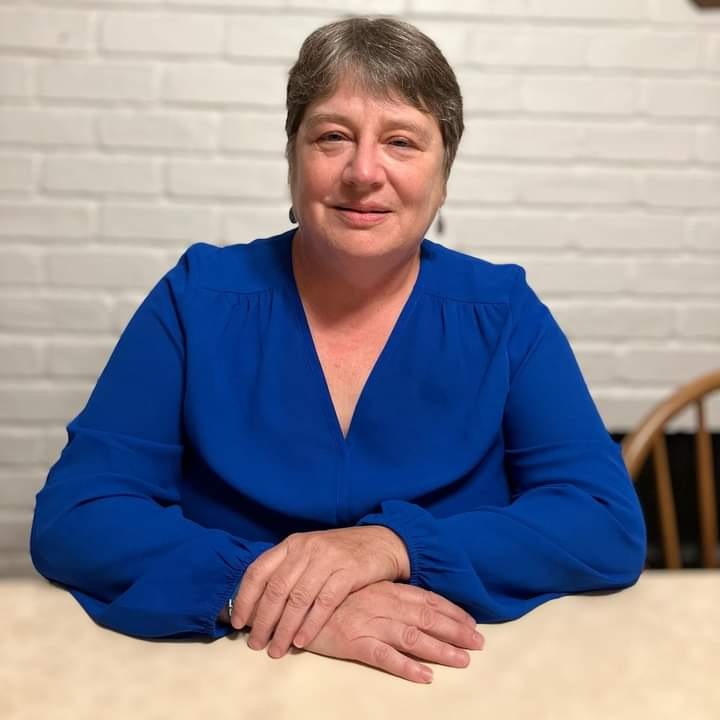
This story is part of an editorial series featuring speakers, organizations and themes we will discuss in depth at the 2019 3BL Forum: Brands Taking Stands—What’s Next, a two-day event on Oct. 29-30 that delves into the "why" and "how" behind corporate responsibility. You can follow the series here.
Despite the mounting collection of evidence that operating a business sustainably is not just good for the environment but the bottom line as well, many in the corporate world still cling to the old business philosophies.
Through advocacy and illustration, the American Sustainable Business Council (ASBC) is committed to growing a business model with a focus that goes beyond profit. ASBC members and member organizations represent more than 250,000 socially and environmentally conscious businesses in the U.S., according to Executive Vice President Thomas Oppel. “ASBC believes that enterprise can thrive financially in an ever-competitive economy, not in spite of a focus on the ‘triple bottom line,’ but because of it,” Oppel said.
The organization advocates for policy change and informs business owners, policymakers and the public about the need and opportunities for building a vibrant, inclusive and sustainable economy, he added.
The 10-year-old organization was founded by Jeffery Hollender, David Levine, David Brodwin and Richard Eidlin. In 2009, more companies were starting to make the shift to the idea of greater social responsibility in corporate life and needed a forum, explained Levine, now ASBC president. “Our goal is to tap the credibility and the power of businesses to build a more sustainable economy and then implement the public policy to do this,” he said. “We want to provide an alternative reality to show how business and the economy could operate.”
Among ASBC’s members include well-known sustainability leaders Ben & Jerry's, Seventh Generation, The Lego Group, The Durst Organization, Eileen Fisher and Patagonia.
The biggest challenge for ASBC remains refuting the “false narrative,” as Oppel calls it, that social, economic and environmental responsibility are not the purview of the corporate world or that paying attention to them can negatively impact business.
“ASBC’s members provide countless examples of tangible, qualitative and quantitative evidence that these assumptions are far from accurate,” Oppel explained. “Recently, the leadership of the Business Roundtable, representing some of America’s largest corporations, issued a statement finally acknowledging that businesses have an obligation to all stakeholders—employees, customers, community—and not just their shareholders, admitting that their previous, more narrow view, was a short-term one.”
To encourage that advocacy, each year at its national Sustainable Business & Advocacy Summit, ASBC presents the Sustainable Leaders Award that can be given to government officials, ASBC members or journalists. The award honors foresight and commitment on the part of public- and private-sector leaders in promoting public policies that help build “a more just, inclusive and sustainable economy,” according to the ASBC.
And at a time when income inequality and fears about climate change are growing, not to mention lingering anger about the private sector's role in global warming, ASBC plans to host a forum called making Capitalism Work for All, scheduled for Dec. 10-11 in Washington, D.C. “The primary purpose of the summit is to restore faith in and revitalize the capitalist market to be a dynamic force of progress and freedom without sacrificing the planet or its people,” Oppel said. “It is clear that our economic system is under far more scrutiny today, with growing gaps in income and opportunity, as well as challenges like climate change seen as a direct result of capitalism.”
While ASBC maintains that “capitalism has proven to be the greatest engine of broad prosperity in human history,” Oppel said, that doesn’t mean it can’t be tweaked. “[Capitalism] is subject to excess and concentration of wealth and power without appropriate government regulation,” he added.
Bringing members together also makes ASBC’s mission easier. “This unifying space serves to reinvigorate the commitment and fight in each member to continue moving forward to a more prosperous and efficacious future,” Oppel told us. “While each single group makes its own impact every day, a space to unify and collaborate allows us all to effect change at a higher level.”
Don’t forget: Next month, we're hosting 3BL Forum: Brands Taking Stands – What's Next, October 29-30, at MGM National Harbor, just outside Washington, D.C. Together, our 80-plus speakers promise to make this two-day event one that is fast-paced, high-octane and invaluable with their perspectives on the latest in the environmental, social and governance (ESG) community. We're proud to have ASBC as a partner for this event.
Companies that will be represented onstage include Aflac, American Express, ESPN, HP, Owens Corning, P&G, United Airlines and Verizon.
We're pleased to offer 3p readers a 25 percent discount on attending the Forum. Please register by going to the 3BL Forum website and use this discount code when prompted: NEWS2019BRANDS.
Image credit: Unsplash

Ellen R. Delisio is a writer who lives in Long Island, NY. Over the past 30 years, her writing has focused on life science, sustainability, education issues and electric vehicles. Ellen is an avid reader and beach-goer.














